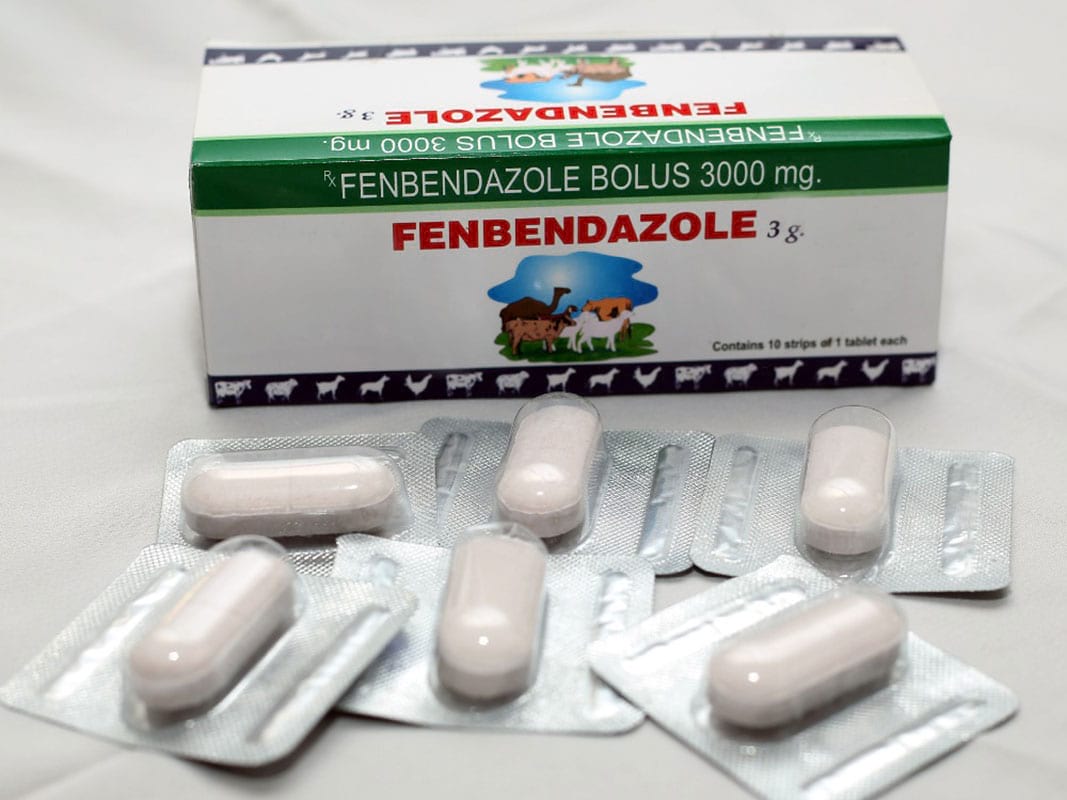What is Fenbendazole?
Fenbendazole is a broad-spectrum anthelmintic (anti-parasitic) medication primarily used to treat various parasitic infections in animals. Belonging to the benzimidazole class of drugs, fenbendazole is effective against a range of gastrointestinal parasites, including roundworms, hookworms, whipworms, and certain protozoa. The 444mg formulation is a commonly used dosage, particularly for larger animals such as dogs, cats, and livestock. The drug works by disrupting the energy metabolism of parasites, ultimately leading to their death. It is essential for pet owners and veterinarians to understand the appropriate usage and benefits of fenbendazole to ensure the health and well-being of animals.
Uses and Benefits of Fenbendazole 444mg
Fenbendazole 444mg has several applications in veterinary medicine. It is primarily used to treat gastrointestinal parasites, ensuring that pets and livestock maintain optimal health. In dogs and cats, it effectively eliminates roundworms, hookworms, and tapeworms, which can cause severe gastrointestinal issues and malnutrition. Additionally, fenbendazole is often utilized in livestock to control parasitic infections that could adversely affect growth and productivity. Beyond its antiparasitic properties, some studies have explored the potential of fenbendazole in treating certain cancers in humans, though this application is still under investigation and requires further research. Its broad-spectrum efficacy and relatively low toxicity make it a popular choice among veterinarians.
Dosage and Administration Guidelines
When administering fenbendazole 444mg, it is crucial to follow veterinary guidelines for dosage and frequency to ensure effective treatment. The typical dosage for dogs and cats varies depending on the specific type of parasite and the animal’s weight. Generally, it is administered once daily for three consecutive days, although this may vary based on the veterinarian’s recommendation. Fenbendazole can be given directly or mixed with food for ease of administration. It is important to note that while fenbendazole is generally well-tolerated, some animals may experience mild gastrointestinal upset, such as diarrhea or vomiting. Monitoring the animal’s response to treatment and consulting a veterinarian if adverse reactions occur is essential for ensuring a safe and effective treatment process.
Safety and Side Effects of Fenbendazole 444mg
While fenbendazole 444mg is regarded as safe for most animals, certain precautions should be observed. The drug is typically well-tolerated; however, some pets may exhibit mild side effects, such as lethargy, diarrhea, or loss of appetite. Rarely, more severe allergic reactions can occur. It is vital for pet owners to inform their veterinarians of any existing health conditions, medications, or allergies their pets may have before starting treatment with fenbendazole. Pregnant or lactating animals should also be closely monitored, as the effects of fenbendazole on developing fetuses or nursing puppies have not been extensively studied. In conclusion, while fenbendazole is an effective and widely used anthelmintic, responsible use and monitoring are essential to ensure the health and safety of treated animals.

